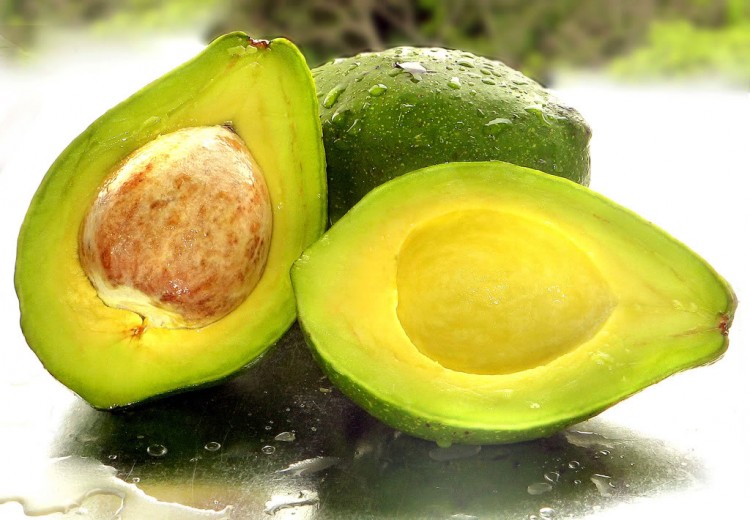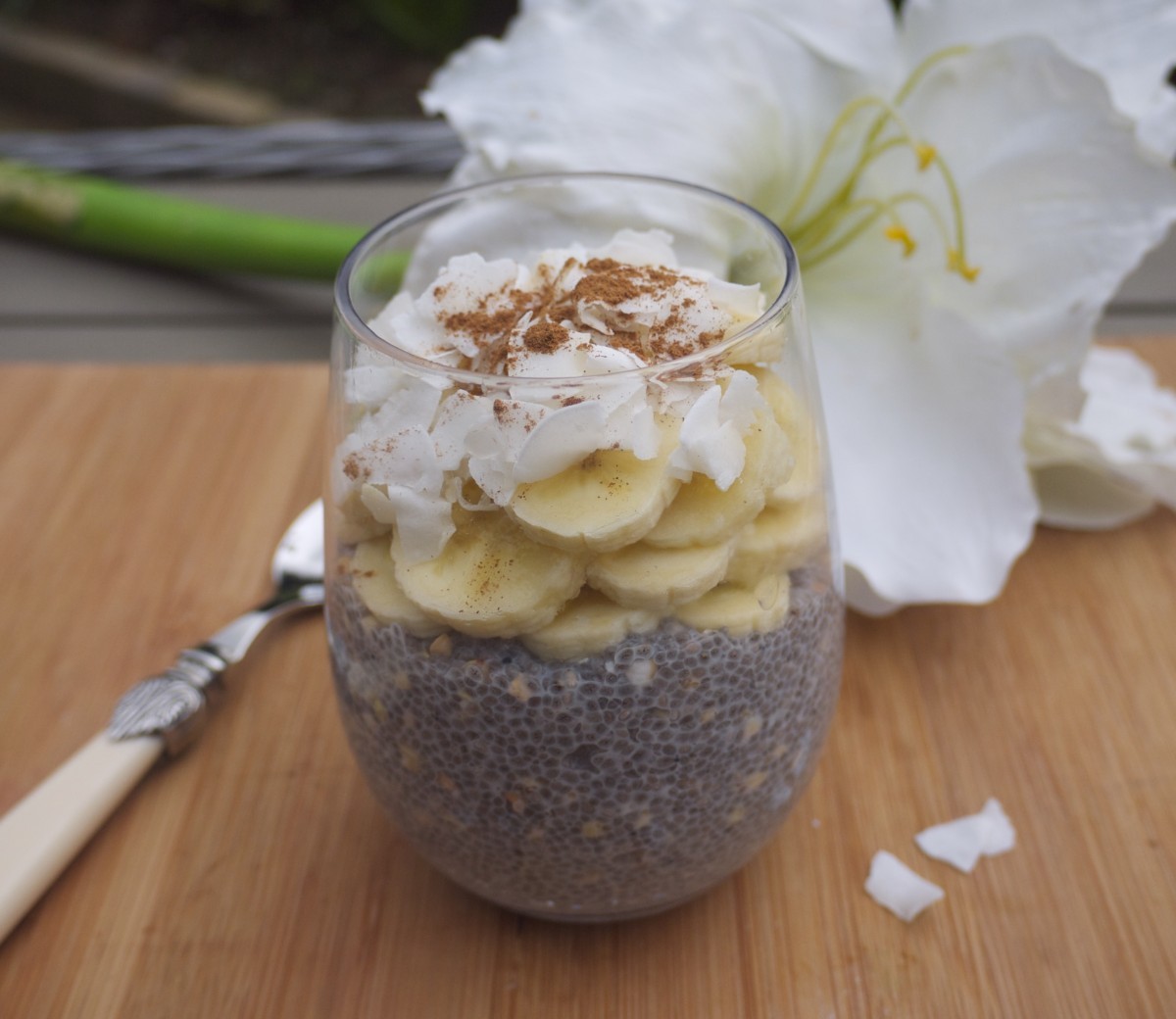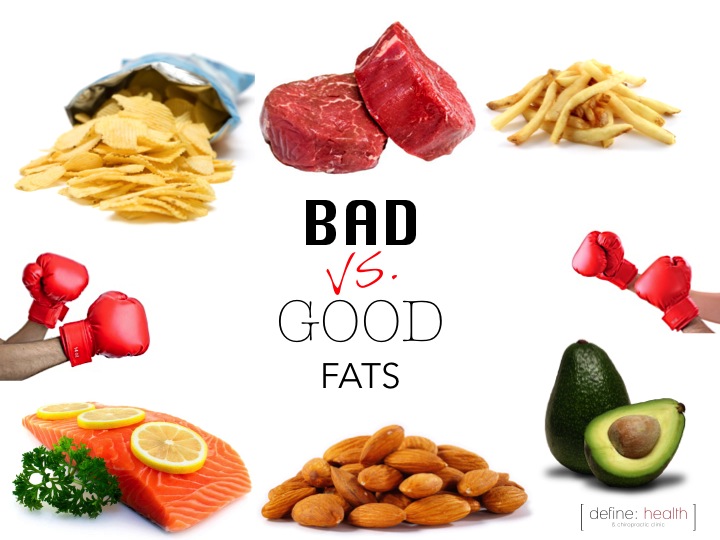
Throughout my training as a nutritional therapist, the necessity of the right type of fats in the diet was consistently emphasised, and many clients I’ve worked with have shown classic symptoms of an omega-3 fat deficiency.
Low-fat or even fat-free foods have become a staple for the figure-conscious amongst us. Yet fat is essential to life itself. Every single cell in our body requires fatty acids for their very structure. Our brains are comprised of almost 60 per cent fat. Scientific research into nutrition and the brain shows us that fatty acids are some of the most important molecules in determining the brain’s integrity and ability to perform.
While the liver can synthesise enough cholesterol to carry out its important functions in the body, essential fatty acids (EFAs) are needed for optimal health and body function, but cannot be made in the body. Therefore, it is crucial to include the right balance of EFAs in our daily diet from specific foods.
The majority of brain growth is finished by five to six years of age and omega-3 EFAs are especially critical for the growth of the brain during foetal and post-natal development. On top of their important role for the brain structure, EFAs also provide energy for our body, protect against cancer, heart disease, autoimmune diseases, skin diseases and numerous other health issues. Polyunsaturated fats are essential components of nerve cells and cell membranes.
One of the major therapeutic benefits of EFAs is their powerful ability to reduce inflammation in the body, as well as allergies, menstrual cramps, eczema, psoriasis, rheumatoid arthritis and atherosclerosis. Thus, long-term restriction of essential fatty acids has been related to several disease conditions, including diabetes, heart disease, genetic diseases such as cystic fibrosis, and autoimmune disorders such as rheumatoid arthritis and multiple sclerosis.

Good food sources include oily fish such as salmon, sardines and mackerel, flaxseeds and flaxseed oil, hemp seeds, chia seeds, raw walnuts, leafy greens, micro-algae such as chlorella and spirulina, and avocado. In fact, microalgae is the finest source of these essential nutrients because the oil has the optimum balance of DHA to EPA and your body puts it directly to work without the multi-step conversion processes of other Omega-3 forms.
It’s a great idea to include a serving of one of these foods in your diet each day. I love fresh avocado in salads or as guacamole, flaxseeds sprinkled on porridge, raw walnuts as a snack, leafy green smoothies with chlorella or spirulina and chia pudding made by soaking chia seeds in almond milk and sweetening with cinnamon and crushed berries. Try my Energising Vanilla Chia and Buckwheat Pudding for a tasty way to enjoy these tiny nutrition powerhouses 🙂

But, of course, not all fats are good. For optimal health, it is important to reduce intake of saturated fats, cholesterol and trans-fatty acids. These have been linked in numerous scientific studies to heart disease, inflammatory diseases, many types of cancers and strokes. Saturated fats and cholesterol are found primarily in animal products such as red meat and milk. So the easiest way for people to reduce their levels of saturated fat and cholesterol is to eat less animal foods and more low-fat, high-fibre plant foods, such as fruit, vegetables, legumes and grain-like seeds such as quinoa and millet.
While nuts and seeds contain substantial levels of calories from fat, they are mainly derived from healthy essential fatty acids.
Trans-fatty acids, found in most processed foods and margarine, have also been associated with ill health, and have been a cause of concern for many nutritionists and researchers since margarine was first introduced. Margarine is produced by hydrogenating vegetable oils, in which a hydrogen molecule is added to the unsaturated fatty acid molecules of the vegetable oil to make it more saturated. The problem is that these trans-fatty acids have been shown to interrupt the body’s ability to properly use essential fatty acids, which greatly reduces their many benefits. Hydrogenated vegetable oils raise the ‘bad’ LDL cholesterol associated with heart disease and lower protective HDL cholesterol and have been linked to some cancers, including breast cancer.
There is really no need to fear fat or remove it from your diet. The key is to choose the right type of fat to include in your daily food choices. Choose the right ones and reap the many health-promoting benefits of essential fatty acids, with omega-3 fats an absolute essential. Your body and brain will thank you.

